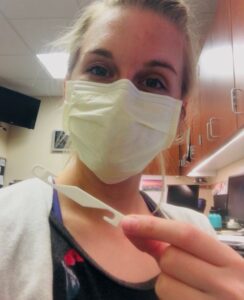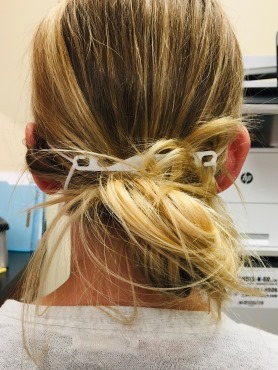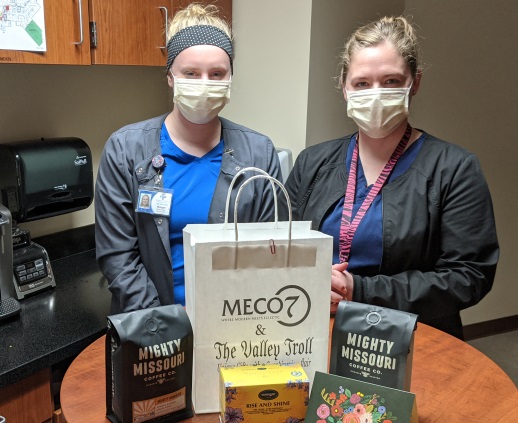We have THE BEST community! THANK YOU from the bottom of our hearts for thinking of our team over the recent stressful months. From making mask clips for a more comfortable fit and donating all types of PPE to your caring words and all of the special coffee, meals, and treats – you are amazing and your gratitude is so appreciated! For the many anonymous donors and for anyone we may have missed, THANK YOU as well.
Doug and Kristi O’neil
Barb Schuet
Benita Otterness
Donna Hoepar
Phyllis Hennen
Gayle Anderson
Diane Jacobson
Kara Kirckof
Ruth Voneschen
Matthew Pederson
Karen Serrin
Marv and Kathy Hoffman
Marian Thompson
Glenwood Dairy Queen
Lakeside Foods – Betty Schroeder
Gather Coffee + Bistro
Marin Rajdl
Meco7
Brock Sargent
Larry and Ann Stensrud
Chippewa Valley Ethanol
Pope Co. Masks for Frontline Workers –
Go Fund Me Donations
Marco
Karen Holte
Sprinkle of Joy Boutique
Melinda and CR Snider
Dean and KC Brackett
Shawn Stoen
Country Financial
American Business Solutions
CF Industries
Lauren and Paul Molloy
Patti Erickson
Jennifer Anderson





